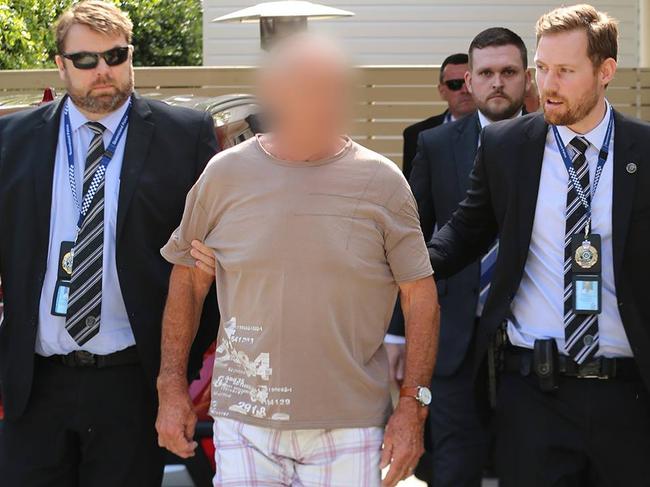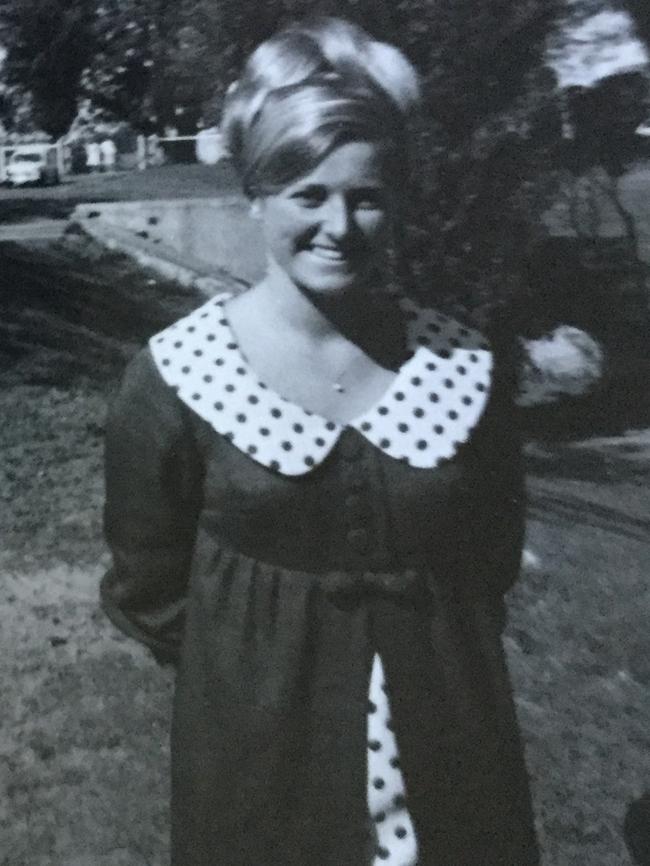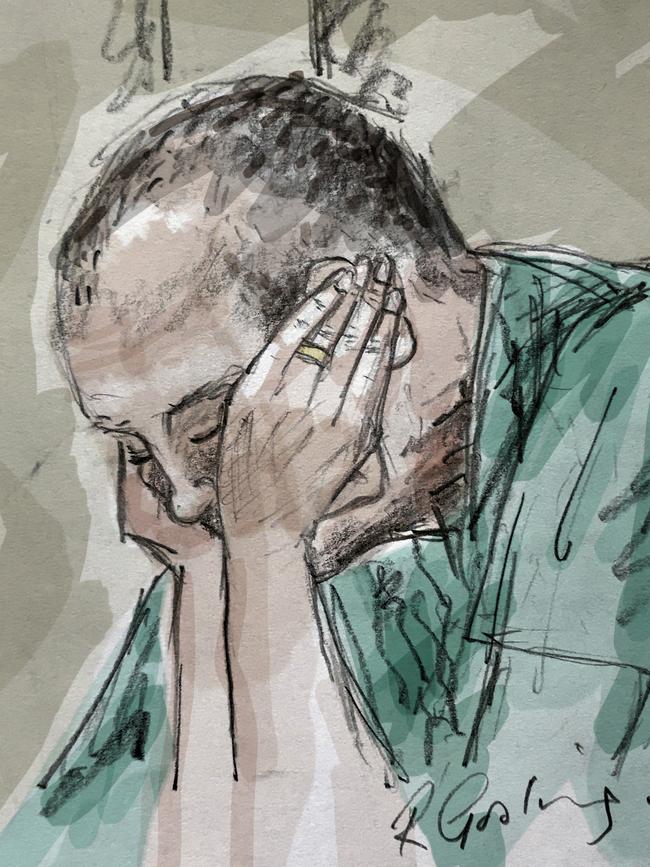Will Chris Dawson’s legal team opt for trial by judge or trial by jury?
Legal experts expect Chris Dawson’s legal team to seriously consider seeking a trial by judge alone instead of a jury, given that the investigation into his wife’s alleged murder has become one of the country’s highest-profile investigations.
NSW
Don't miss out on the headlines from NSW. Followed categories will be added to My News.
- From Teacher’s Pet to gold star witness
- New evidence ‘key’ to Chris Dawson arrest
- Backgrounder: Who is Chris Dawson
Legal experts expect Chris Dawson’s legal team to seriously consider seeking a trial by judge alone instead of a jury given that the investigation into his wife’s alleged murder has become one of the country’s highest-profile investigations.
With the international success of The Australian’s Teacher’s Pet podcast, this could become the trial of the century.
“One of the major issues in a case like this is whether or not there has been such a level of publicity that it is determined that there is a risk a person may not get a fair trial,” Australian Lawyers Alliance spokesman Greg Barns said.
“However it appears to be a circumstantial case and his lawyers may have a look at it all and think that they are better off with a jury.”

Next stop in the judicial process for Dawson, 70, is an appearance before a Sydney court this morning after he was yesterday extradited from Queensland.
He has the choice to apply for bail. His lawyers could apply for a permanent stay of the proceedings based partly on the time that has passed since Lyn Dawson disappeared in 1982.


Contested committal hearings, where the evidence is tested before the defendant is either committed for trial or the charges thrown out, were abolished in NSW this year but prosecution witnesses can still be cross-examined with the permission of the magistrate.
RELATED
Sketches adoring mum Lynette will never see

At trial, both defence and prosecution have to agree to hold it before a judge sitting alone.
Defendants also have the choice of going into the witness box and giving evidence on which they can be cross-examined or remaining silent, as is their right.
Mr Barns said the body is no longer the only evidence in a murder trial and circumstantial cases without a body could be compelling. In the past decade there have been several convictions for murder in cases where the victim’s body was never found, including that of Keli Lane for killing her baby.


